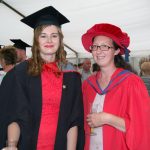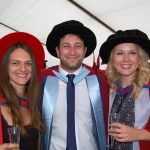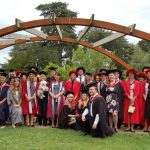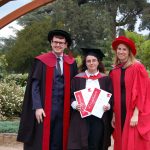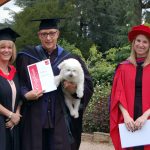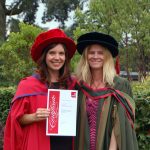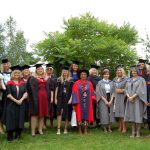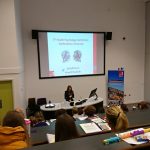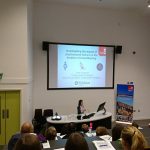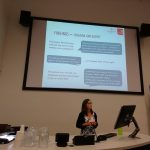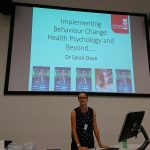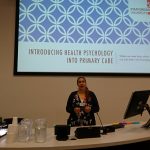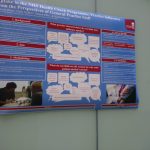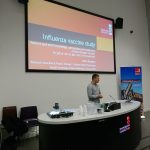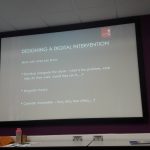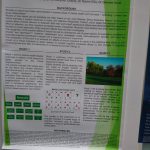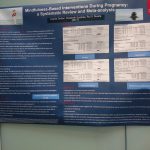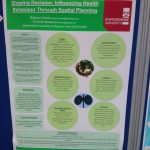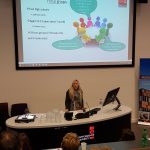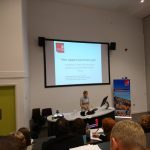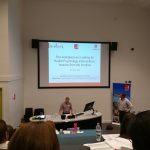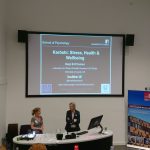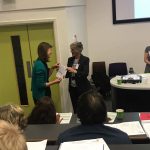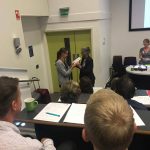Dr. David Goss (Lecturer in Counselling & Psychology and a member of the Staffordshire Centre for Psychological Research) blogs about the field of Neuropsychoanalysis and attending a recent conference on neuropsychoanalysis:
Similar to Ronseal quick drying wood stain, Neuropsychoanalysis (NPSA) is exactly what it says on the tin; it’s an integration of neuroscience and psychoanalysis, combining modern quantitative neuroscience research with qualitative, psychoanalytical theories of the mind. The aim is to provide an integrated approach to further understanding human existence.
Attending the 18th annual congress of the International NPSA Society at University College London (UCL), my mind (or brain?) was ready to take on a whole range of subjects and learning. A range of speakers presented talks on fantastic subjects, but perhaps the one that stood out was a discussion on the nature of consciousness. The intention of this blog article is to present the idea that consciousness resides in feeling.
Discussions of consciousness often revolve around the notion of thinking, the narrative of the “I” and other cognitions such as daydreaming and rumination. A popular quote in philosophy is Rene Descartes’ “I think therefore I am” – an example of the premier role ascribed to thought in defining consciousness. But maybe “we feel therefore we are”? Clear your mind of thought for a moment, stare blankly at the space in front of you, are you not still conscious? All of your homeostatic feelings, thirst, hunger, attraction, approach, avoidance…when we are in moments of flow, reacting to a threat or external situation, we often do not have time to think, we operate from feeling. Feeling is at the core of what drives our actions and guides us through life, yet we often try and think our way through things.
The cortex, an area which is often suggested to play a key role in cognition/thinking, sits at the top of the brain (geographically). The more primitive and ancient feeling centres sit further below, in limbic system and brain stem regions. This evolutionary layout in itself highlights the core and primitive role that feelings play in our experience. Mark Solms, chair of the NPSA society has presented the example of a young child who suffers from hydraencelaphy, a condition which results in the absence of a cerebral cortex (i.e., thinking part of her brain) and yet when her baby brother is placed in her arms, she smiles with what seems to be happiness and joy. As such, is she therefore not consciously experiencing the process of holding her baby brother, without thinking about it?
I say these words not to try and convert or push a viewpoint upon you, solely just to highlight the important role that feelings play in determining our core experience. Just something for you to think – or feel – about!
Dr. David Goss has recently published a chapter on ‘Working with Neuroscience and Neuropsychology‘ in the Fourth Edition of the SAGE Handbook of Counselling and Psychotherapy (click here for more details).
The Department of Psychology at Staffordshire University  offers a range of undergraduate and postgraduate degrees in Psychology at the University’s £30 million Science Centre in Stoke-on-Trent.
offers a range of undergraduate and postgraduate degrees in Psychology at the University’s £30 million Science Centre in Stoke-on-Trent.
Interested in a Psychology degree? Come to an Open Day – for further details and to book your place at an open day please click here.
For more information about the Psychology degrees on offer at Staffordshire University please visit the below pages:






















